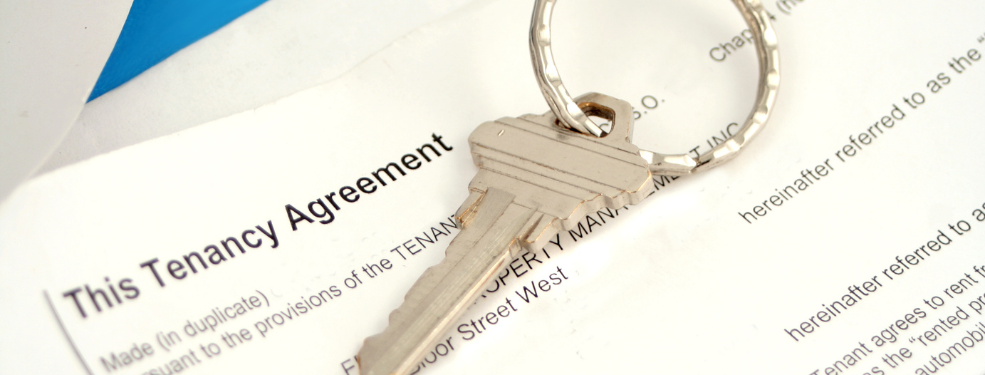If you are a tenant within Northern Ireland in a private rented property you have rights that protect yourself and your home. Your tenancy agreement may give you more rights than basic legal options but if your landlord is failing to respect the law then your local council can take enforcement action.
All tenants have the following basic rights. A tenancy agreement cannot take away these rights. If your landlord revokes these rights, it is an illegal offence.
Right To A Rent Book
Private tenants should receive a rent book and information relating to their tenancy deposit within 28 days of their tenancy beginning. This is free of charge. The rent book should tell you:
- the landlord’s address and name
- the amount of rent
- if you must pay rates and how much rates you pay
- when you must pay rent.
Free From Harassment And Illegal Eviction
You have the right to live in the property undisturbed. This means that you have the right to use the property without unreasonable or any unnecessary interference from the landlord or their agent should they use one.
Tenant harassment can include your landlord or someone acting on the landlord’s behalf. Examples of which are:
- Cutting off the electricity supply
- Entering the premises without permission (unless it is an emergency)
- Carrying out acts of violence.
An illegal eviction includes a landlord who is attempting to make you leave your home whereby the correct legal proceeds have not been carried out. Harassment and illegal eviction are both criminal offences and anyone found guilty can be imprisoned or fined.
Notice To Quit
Your landlord should give you at least 28 days’ notice should they require the property back. This should be in written form. The amount of notice needed to end a tenancy depends on how long you have lived in the property.
- Up to 5 years = 4 weeks’ notice
- 5-10 years = 8 weeks’ notice
- More than 10 years = 12 weeks’ notice
Likewise, if you are planning to leave the accommodation you must give the landlord the correct amount of notice in writing. It is a crime for your landlord to harass you or try to force you out of a property without using a court order.
High Rent Challenges
You have the right to challenge rent increases that you feel are unfair, however, the process is slightly different depending on where you live. In Northern Ireland
- Any rent increases must be fair.
- Your landlord must obtain your permission before increasing the rent.
- If you are within a fixed-term tenancy, your landlord must give you at least 28 days’ written notice.
- If you are on a periodic tenancy (week by week, month by month) your rent can be increased at the end of your rental period.
- You have the right to cancel your agreement without penalty if you cannot agree to the rent increase.
Rights for a tenancy agreement
In Northern Ireland, there is also no legal requirement to use a tenancy agreement. However, it is a good idea so both you and your landlord fully understand your obligations and your rights. Once you have signed this document, you have committed to pay the rent for the full term of the contract.
Your tenancy agreement gives you extra rights about:
- the length of time the tenancy runs
- leaving before the end of the tenancy
- repairs
- subletting
- taking in lodgers
- keeping pets
- passing on the tenancy.
Check the terms of the tenancy agreement carefully before you sign it.
If you require further assistance on tenancy agreements or private rentals please do not hesitate to contact us for legal advice at H McPartland & Sons or, for more information on evictions visit the NI Direct website.

